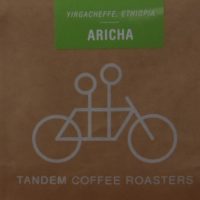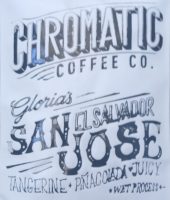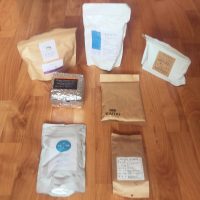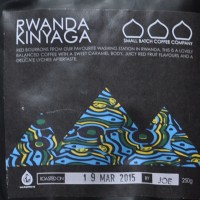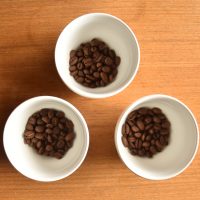 I started 2021 with a new Meet the Roaster, featuring the lovely folk at Chimney Fire Coffee. I ended that post with a promise to tell you more about Chimney Fire’s coffee, and specifically the El Salvador Three Ways, a direct trade coffee from the Don Tomas Estate in El Salvador, where the same coffee has been processed three different ways: natural, washed and honey processed.
I started 2021 with a new Meet the Roaster, featuring the lovely folk at Chimney Fire Coffee. I ended that post with a promise to tell you more about Chimney Fire’s coffee, and specifically the El Salvador Three Ways, a direct trade coffee from the Don Tomas Estate in El Salvador, where the same coffee has been processed three different ways: natural, washed and honey processed.
This post is mostly about the El Salvador, but I did want to briefly mention the rest of Chimney Fire’s excellent range. There’s the Ranmore signature espresso blend, plus a classic espresso from Peru and a sugar cane decaf from Colombia. Added to that is a selection of around five single-origins which, depending on the coffee, are roasted with espresso or filter in mind, or, if it works for the coffee, an omni-roast which means that it should work equally well as espresso or filter.
Finally, if you want something more challenging, there’s the Discovery Range. This has a different, limited-edition coffee each month, but Chimney Fire won’t tell you where it’s from ahead of time, just providing tasting notes, the idea being that you should focus more on the flavour than the origin!

